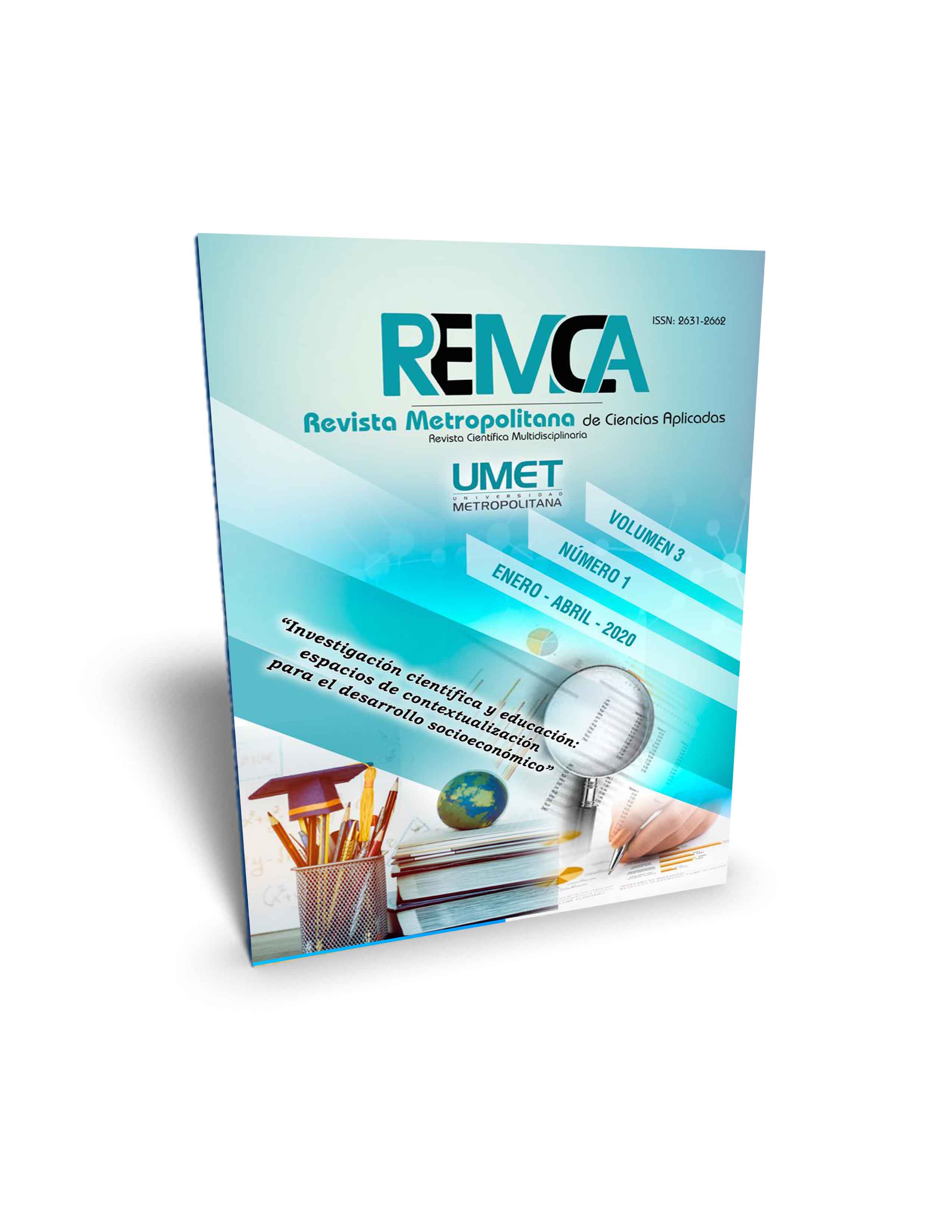The experience of radio education in Panama
DOI:
https://doi.org/10.62452/xrx9ym15Keywords:
Radio education, home teacher, informal education, communicationAbstract
Radio education in Panama emerges as an alternative to provide an educational service to the population of youth and adults who for various reasons have not been able to complete their studies, constituting not only an educational but a social alternative. This article addresses the most important aspects of the Teacher at Home educational program developed by the Panamanian Institute of Radio Education (IPER), Republic of Panama with its elements and characteristics of this educational system.
Downloads
References
Burke, R. (1976). El uso de la radio en la alfabetización de adultos. Editorial Magisterio.
Clause, R. (1949). La radio y la escuela. UNESCO. https://unesdoc.unesco.org/ark:/48223/pf0000043944
De Oca, L. (1999). Documento formativo para maestros locutores. Instituto Costarricense de la Enseñanza Radiofónica.
El País. (2019). El milagro económico panameño encalla en la desigualdad. https://elpais.com/internacional/2019/05/02/america/1556790061_709734.html.
Litwin, E. (1995). Metodología educativa: políticas, historias, propuestas. Editora Paidós.
Panamá. Ministerio de Educación. (1996). Resolución No. 1221. http://meduca.gob.pa/sites/default/files/2016-01/1996_dec_00162.pdf
Panamá. Ministerio de Educación. (2001). Resolución No. 45. Educación para la Alfabetización y el Nivel Primaria. MEDUCA.
Pérez Sánchez, J. F. (1984). Área de problemas en la Radio Educativa. Chasqui, 10, 12-19.
Downloads
Published
Issue
Section
License
Copyright (c) 2020 Víctor Manuel Álvarez Franco (Autor/a)

This work is licensed under a Creative Commons Attribution-NonCommercial-ShareAlike 4.0 International License.
Authors who publish in Revista Metropolitana de Ciencias Aplicadas (REMCA), agree to the following terms:
1. Copyright
Authors retain unrestricted copyright to their work. Authors grant the journal the right of first publication. To this end, they assign the journal non-exclusive exploitation rights (reproduction, distribution, public communication, and transformation). Authors may enter into additional agreements for the non-exclusive distribution of the version of the work published in the journal, provided that acknowledgment of its initial publication in this journal is given.
© The authors.
2. License
The articles are published in the journal under the Creative Commons Attribution-NonCommercial-ShareAlike 4.0 International License (CC BY-NC-SA 4.0). The terms can be found at: https://creativecommons.org/licenses/by-nc-sa/4.0/deed.en
This license allows:
- Sharing: Copying and redistributing the material in any medium or format.
- Adapting: Remixing, transforming, and building upon the material.
Under the following terms:
- Attribution: You must give appropriate credit, provide a link to the license, and indicate if any changes were made. You may do this in any reasonable manner, but not in any way that suggests the licensor endorses or sponsors your use.
- NonCommercial: You may not use the material for commercial purposes.
- ShareAlike: If you remix, transform, or build upon the material, you must distribute your creation under the same license as the original work.
There are no additional restrictions. You may not apply legal terms or technological measures that legally restrict others from doing anything the license permits.




